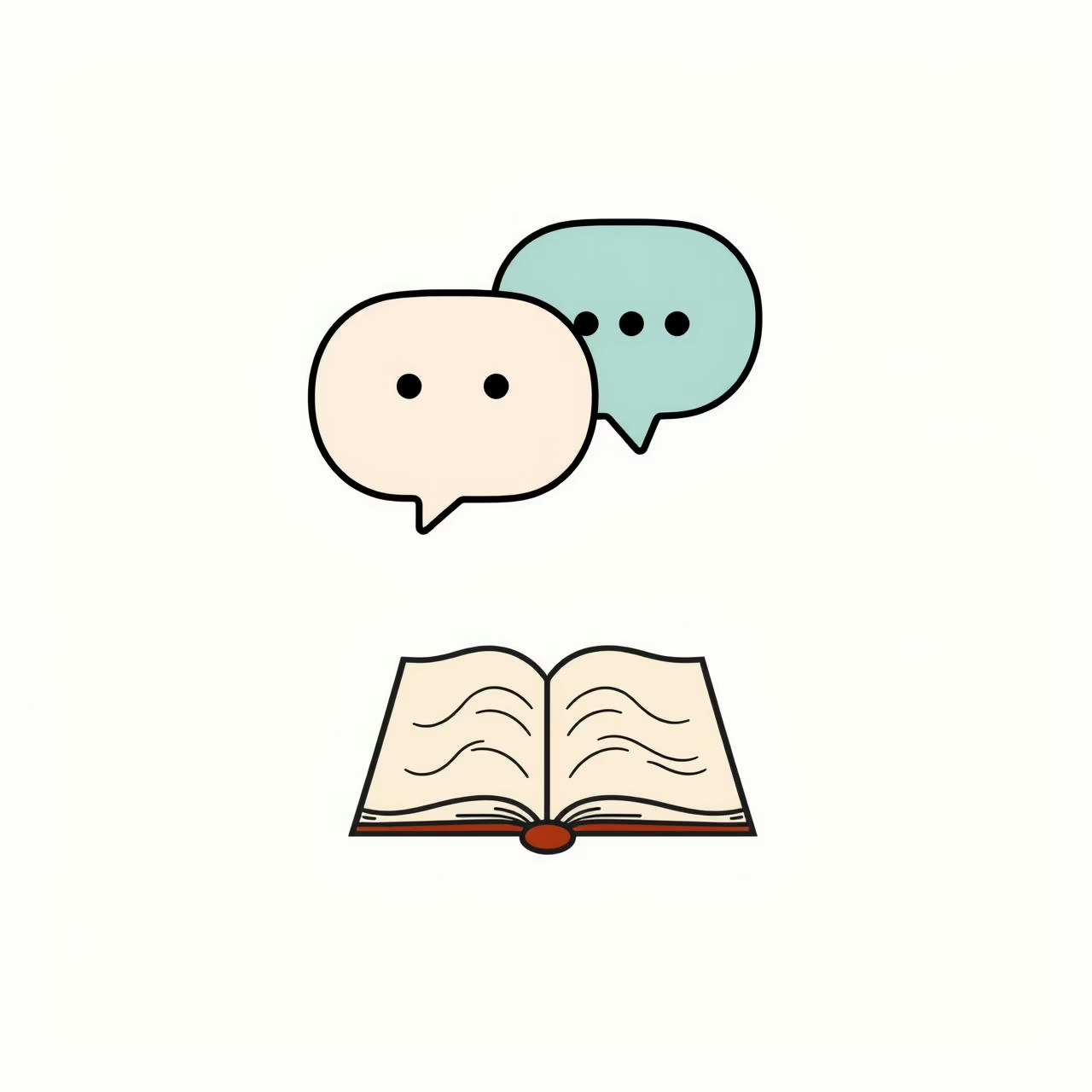
The sky has that soft, overcast glow today—one of those late-summer afternoons that feels perfect for cozying up and sharing a big story. It reminds me of listening to my daughter chatter away, weaving a beautiful, jumbled tapestry of English and Korean. Sometimes a single Korean word captures a feeling that an entire English sentence can’t. It’s her unique way of seeing the world, and it’s precious. But it got me thinking: what if the digital world ignores certain perspectives? What happens when the story is incomplete because whole languages are missing?
The World Through a Keyhole: Why Inclusivity in AI Matters
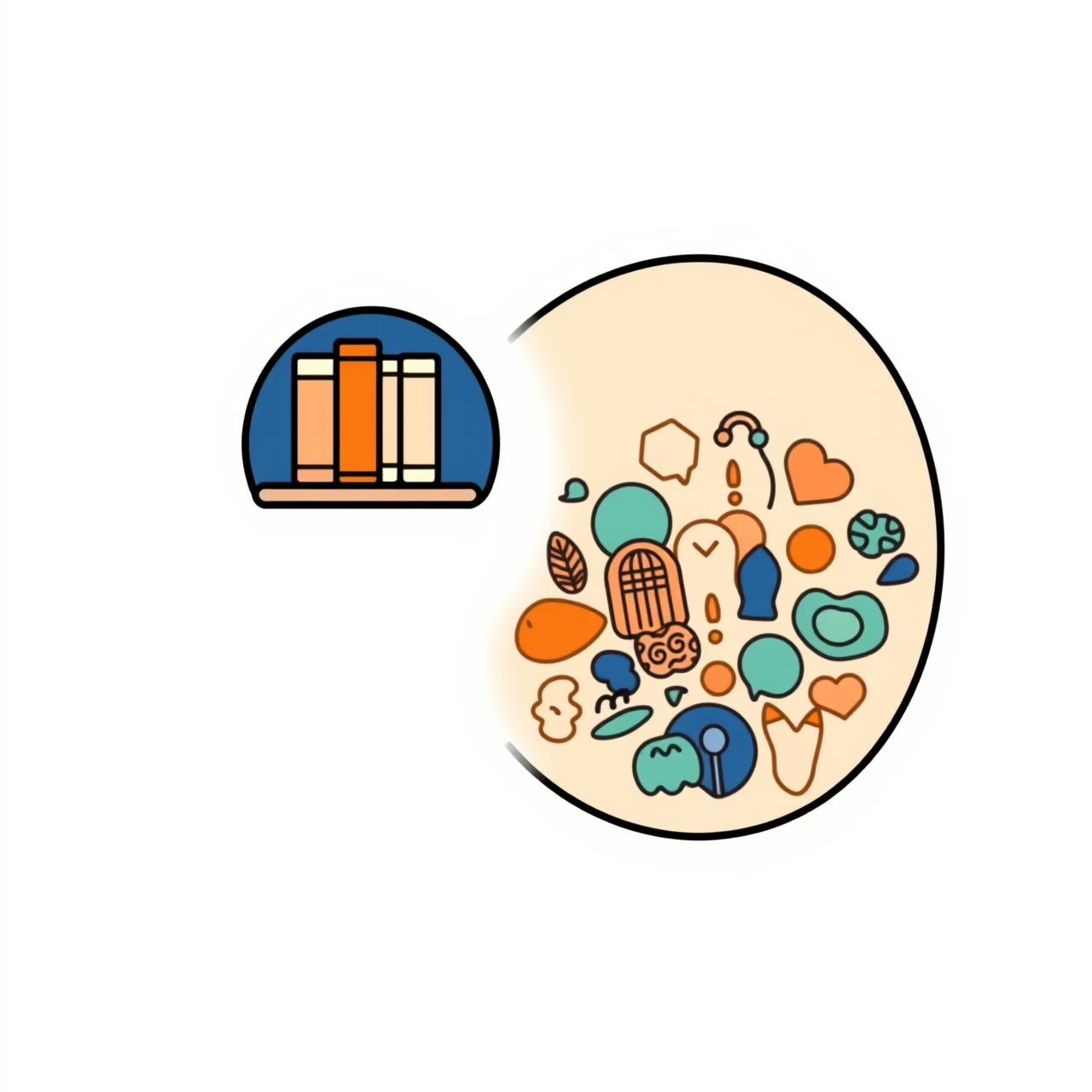
It turns out, that’s exactly what’s been happening. Most of the incredible tools we see today have learned about the world from a massive library filled almost exclusively with books in English, a few European languages, and Chinese. It’s like trying to understand a whole, vibrant, colorful world by peeking through a tiny keyhole. You see a part of it, sure, but you miss the breathtaking scope of it all! For countless communities, especially in Africa where many languages are passed down through speech rather than text, this has meant being on the outside looking in. Their voices, stories, and wisdom haven’t been part of the conversation. And when you build something from an incomplete blueprint, the final structure doesn’t quite stand straight. It doesn’t just fail to represent everyone; it can’t truly serve everyone either. It’s a silence that speaks volumes, and it’s something that needed to change. And oh boy, is it changing!
Here’s What Blew Me Away! A Chorus of New Voices in AI
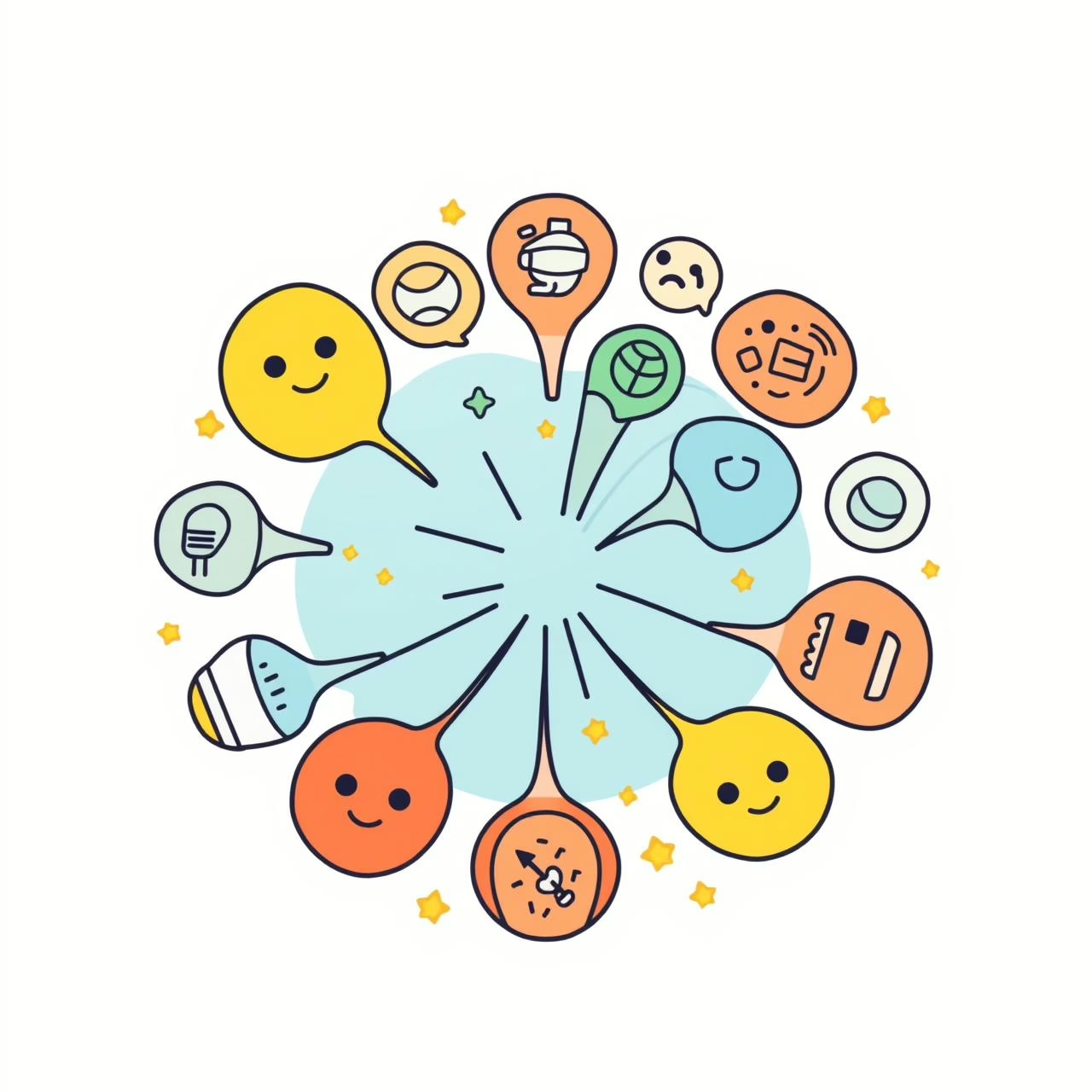
This team of brilliant African researchers, linguists, and computer scientists unveiled “African Next Voices,” a colossal dataset that’s music to my ears. We’re talking 9,000 hours of real-life speech from 18 different African languages! Can you even imagine? That’s not just data; it’s a symphony of human experience—laughter, arguments, storytelling, and daily life, recorded and ready to teach our technology how people *really* talk. It starts with data like this… and grows right through our dinner table conversations. This open-access treasure chest, funded by a Gates Foundation grant, empowers developers everywhere to build tools that finally speak the language of the people they’re meant for.
And it gets better! This isn’t just a top-down project. It’s fueled by grassroots passion, with volunteer efforts like Masakhane, a pan-African movement of researchers and coders, pouring their hearts into creating a more inclusive digital future. This is what hope looks like in action! How might this inspire our kids to value community-driven change?
It’s Not Just Words, It’s Worlds: Language Preservation in Tech
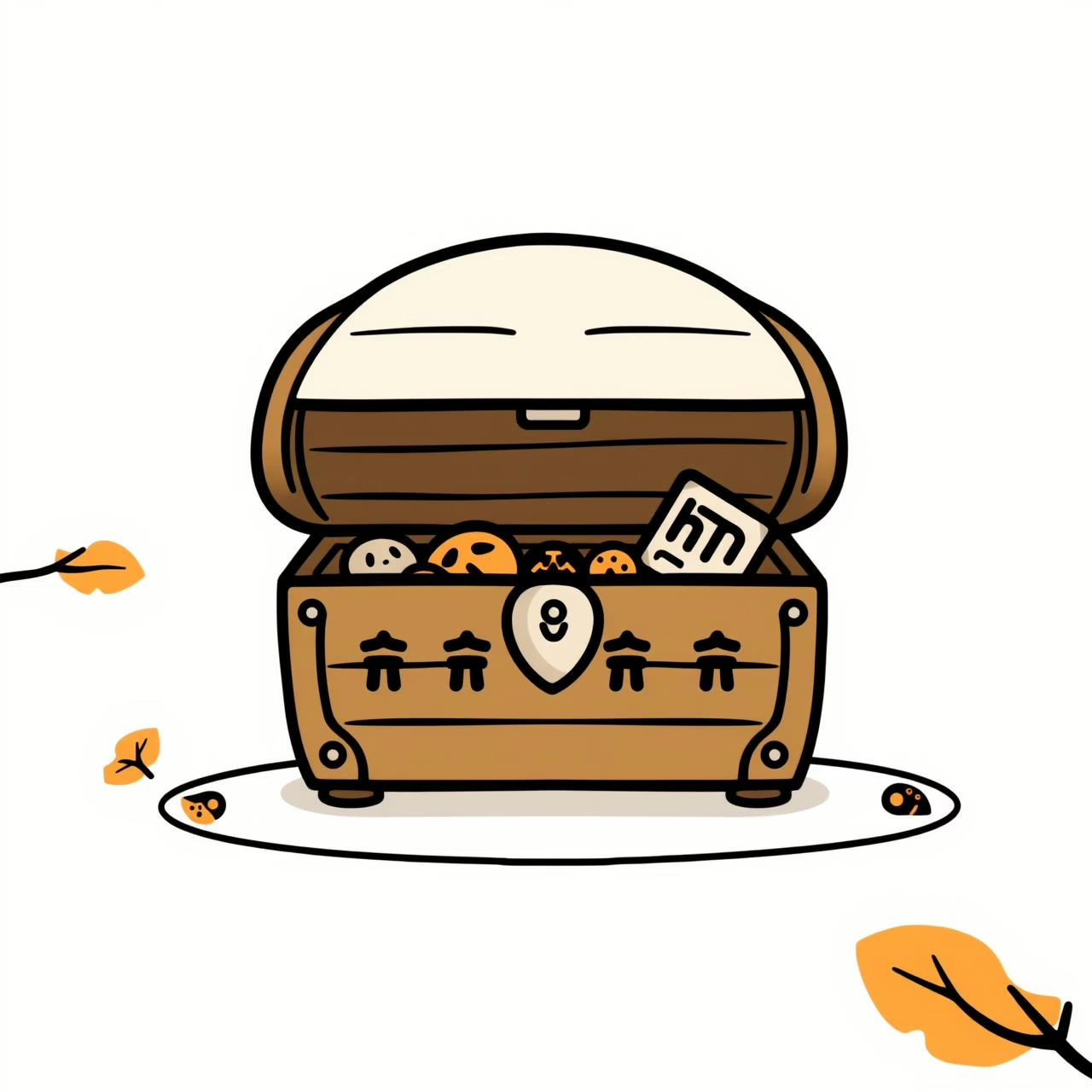
Hearing about this project makes my heart leap because it hits something fundamental. As Professor Marivate, one of the researchers, beautifully put it, “Language is access to imagination… It’s not just words—it’s history, culture, and knowledge.” YES! When we lose a language, we lose an entire way of understanding the universe. We lose unique perspectives, grandparents’ stories, and irreplaceable ideas.
I see this at home with how Korean and English color our family identity. Each language holds a piece of our heritage, a different key to our shared memories. This project isn’t just translation; it’s preservation. It ensures a child speaking isiZulu or Yoruba sees their culture reflected digitally, not erased by it. What linguistic treasures are we safeguarding in our own homes?
Building Bridges for Our Kids’ Futures: AI in Education
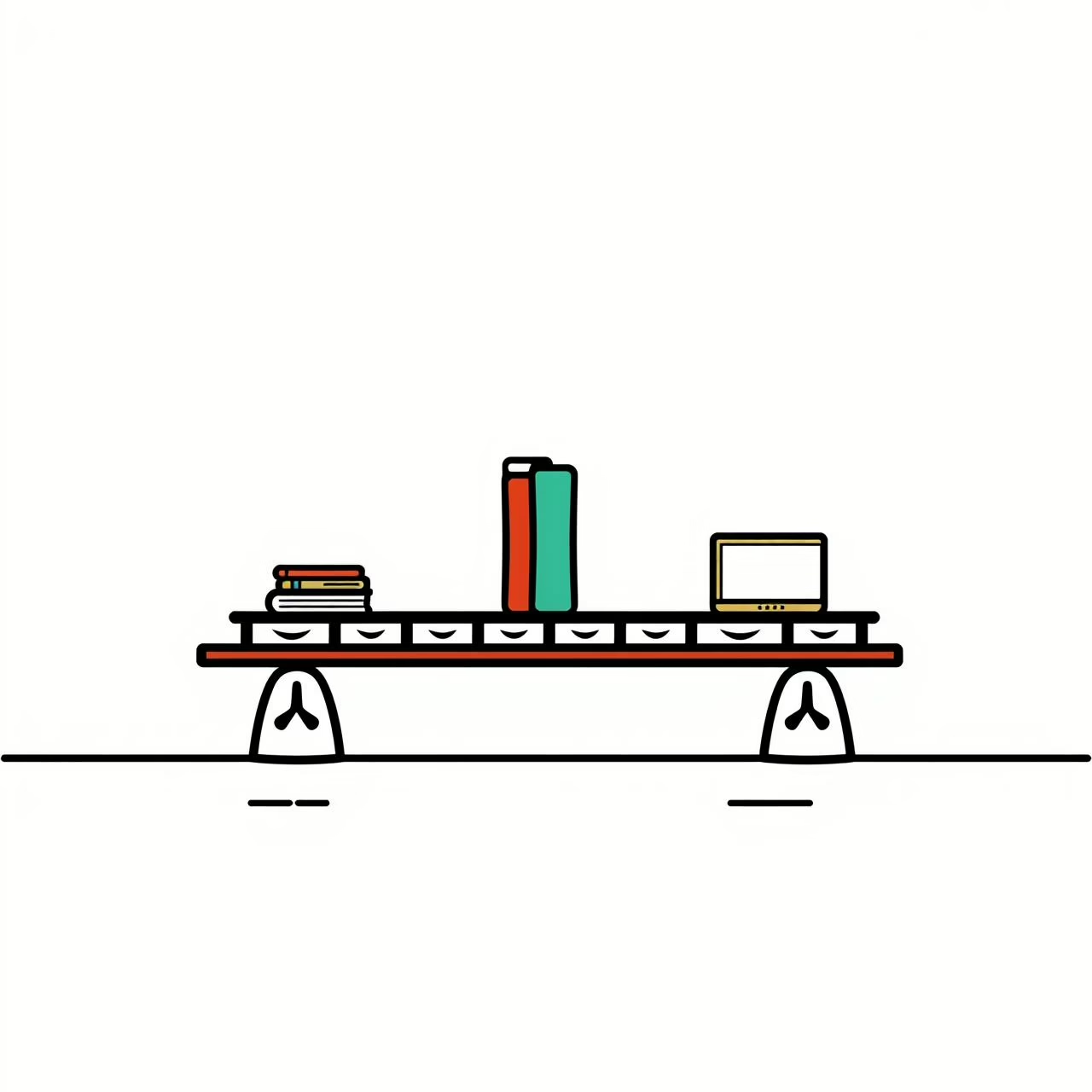
So what does this language dataset mean for families? EVERYTHING! Initiatives like this build a more equitable world. Think AI-powered chatbots helping farmers access financial services in Hausa, or tools fighting misinformation by understanding local dialects. It’s about decolonizing science by translating research into millions’ native tongues. This is the positive side of AI in education we should celebrate!
It teaches our kids that technology isn’t just gadgets—it’s a tool for justice. Seeing this thoughtful development can inspire them to become bridge-builders who create inclusive futures. With enough heart and collaboration, we can steer technology toward serving all humanity.
Our Family’s Part in the Chorus: Fostering Empathy at Home
This whole story energizes me because parents can nurture that spirit of curiosity right here. Maybe exploring world maps together or trying a new recipe from a place we’ve never been.
Source: Lost in translation – How Africa is trying to close the AI language gap, BBC News, 2025/09/04
